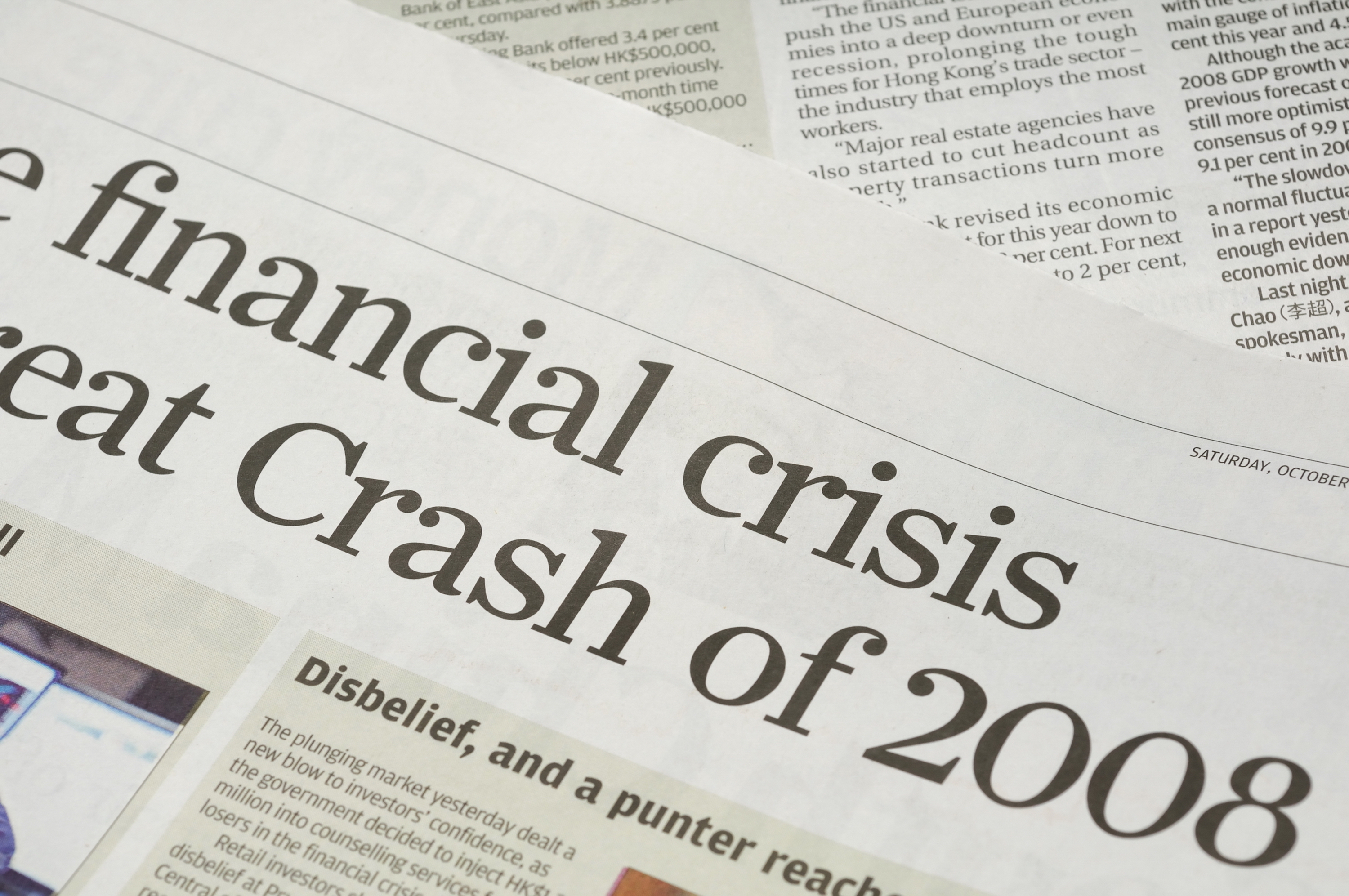When you look at economic history, crises recur frequently. Marxist scholars might call them capitalism’s crises and talk about the inherent dynamics of the capitalist system that lead to these recurrent crises. Economist Hyman Minsky looked at the financial sector as a driver of periodic crises, and Carlota Perez examines the interaction of technology and finance as a driver of repeated economic cycles. In a sense, these cycles are something that we should consider a regular function of a growing capitalist market economy. However, there does seem to have been something quite distinctive about recent ones.
I grew up in the north of England in the 1960s and 1970s, and the crisis of the 1970s, triggered by the increase in oil prices that occurred when OPEC first formed its cartel, was substantial. It led to the first wave of deindustrialisation across all Western economies. It was not a comfortable time; We had power cuts, and so, I did my homework by candlelight. We had all kinds of public sector strikes that made daily life difficult. Moreover, people were dismissed from work, and the unemployment rate was very high in all of these Rust Belt towns.
In more recent times, we look back to the financial crisis of 2008 and 2009, which was an equally extraordinary event in economic memory. The Bank of England published the minutes of its discussions, which reported that they had thought that we were about four hours away from cash machines and card payment failures. If that had happened, the kind of panic that would have ensued and the real economic distress it would have caused would have been even more serious than it was. Now, the pandemic has brought on unprecedented economic declines, as long as we've measured it the way that we have.


